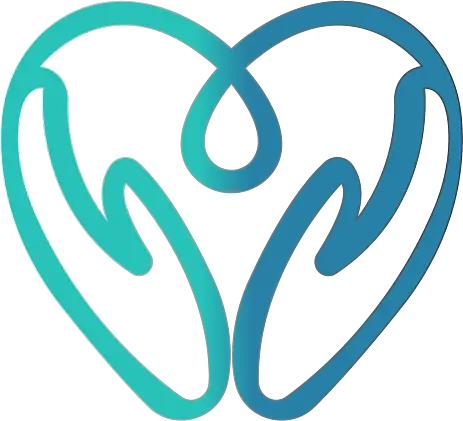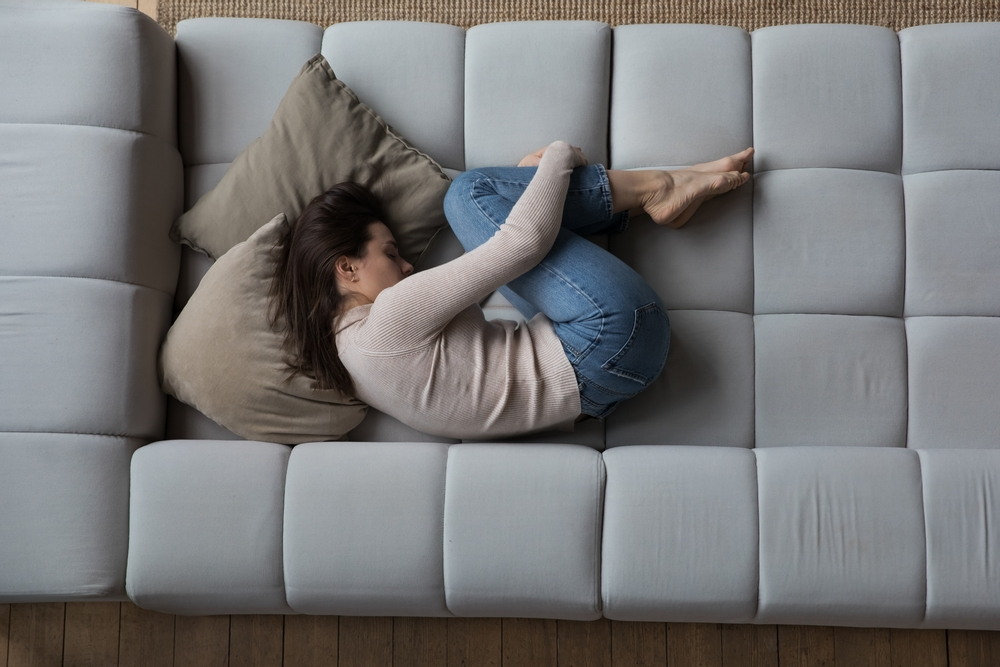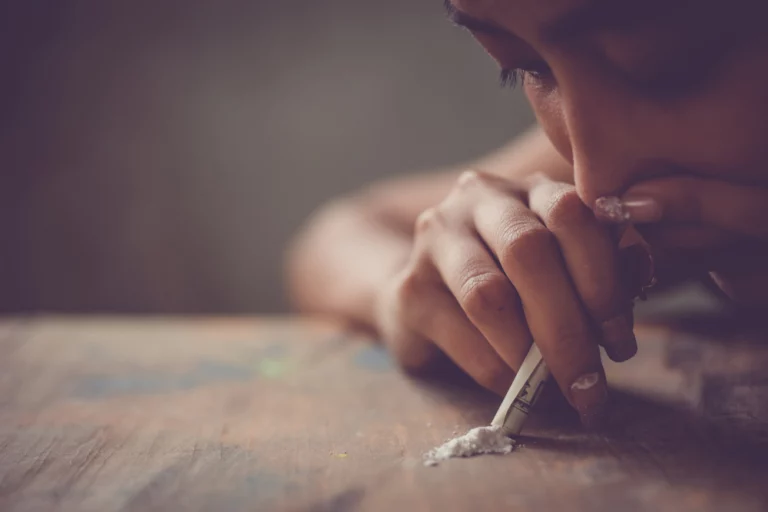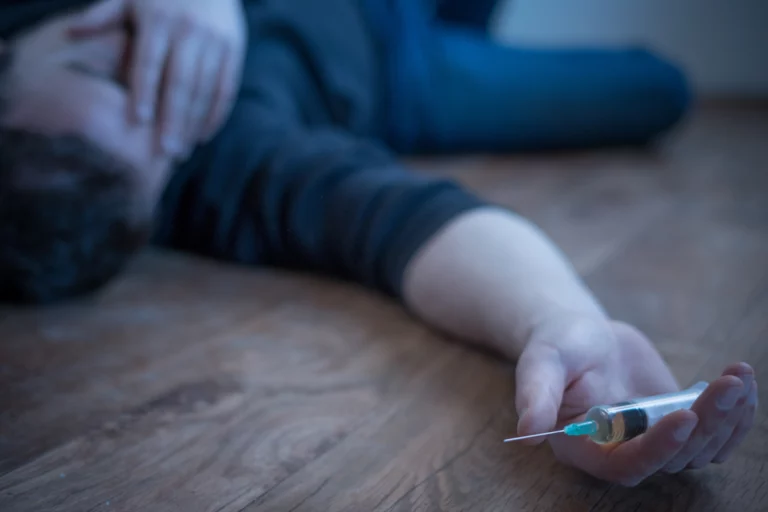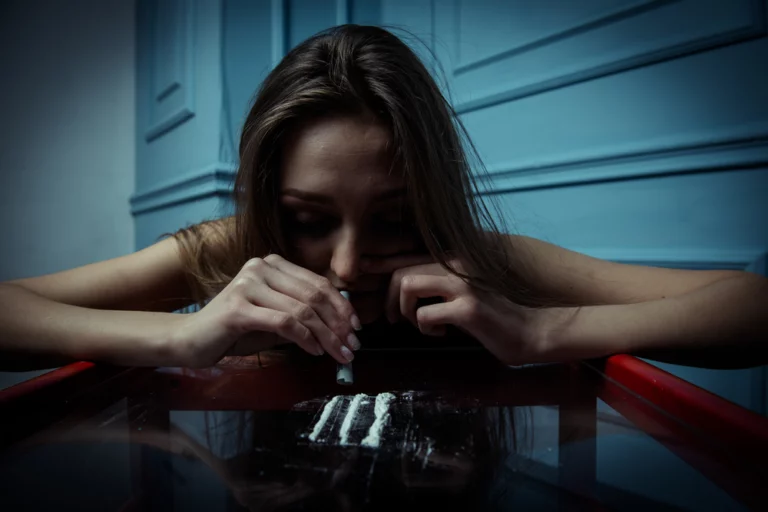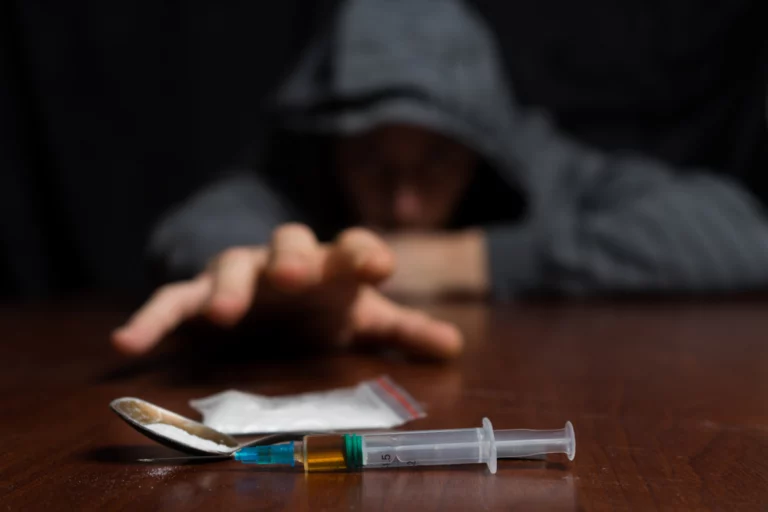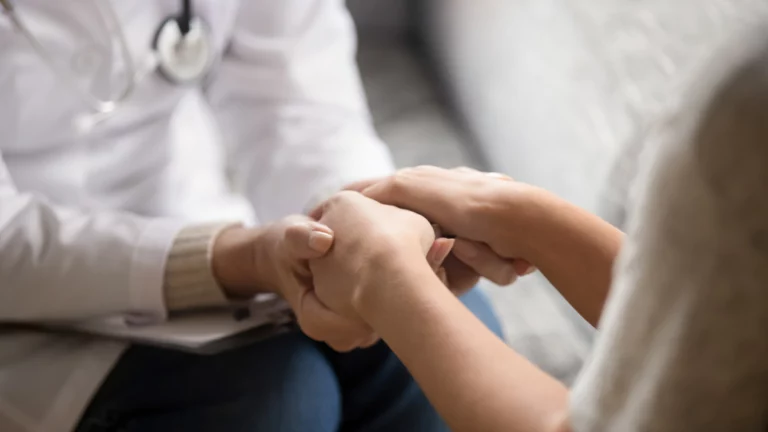What is Crippling Depression?
Crippling depression is not a clinical diagnosis, but a condition in which a person’s clinical depression or major depressive disorder is so severe that he or she is no longer able to perform basic daily functions, such as going to work or taking a shower, is sometimes referred to as crippling depression.
The National Institute of Mental Health (NIMH) reports that about 7.1% of people in the United States suffer from at least one major depressive episode during their lives. Depression is a common phenomenon. Unfortunately, knowing you are not the only one in this condition doesn’t necessarily make dealing with its detrimental effects any easier.
This article details the symptoms and causes of crippling depression, types, and how it’s diagnosed and treated.
Symptoms of Crippling Depression
Crippling depression is more serious than the occasional down day or period of sadness. It can negatively impact your physical health as well as your mood. If left untreated, depression this severe may lead to suicidal thoughts or self-injury. Someone suffering from crippling depression may experience the following:
- Feelings of sadness
- Loneliness
- Pessimism and hopelessness
- No longer interested in activities once enjoyed
- Irritability
- Feeling like a burden
- Lack of concentration
- Inability to make decisions
- Fatigue
- Feelings of guilt
- Suicidal ideation
- Lethargy
- Restlessness
- Decrease in appetite
- Headaches
- Digestive issues
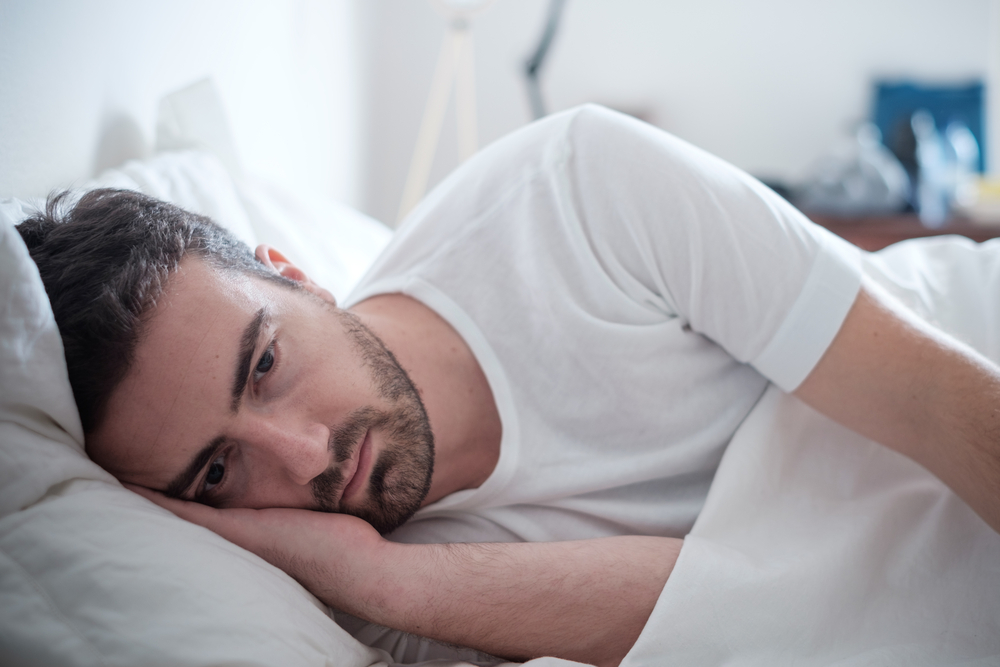
Diagnosis of Crippling Depression
A questionnaire is used to identify symptoms and behaviors associated with depression and determine its severity. Doctors usually diagnose depression based on your symptoms and behavior patterns. While crippling depression is not a recognized category of Major Depressive Disorder (MDD), it is more frequently recognized by doctors and mental health professionals than in the past.
The Diagnostic and Statistical Manual of Mental Disorders (DSM-5) specifies that an individual must experience the following symptoms nearly every day for two weeks or longer to be diagnosed with major depressive disorder:
- Intense and persistent feelings of sadness
- Suicidal ideation
- Sleeping too much or too little
- Apathy
- Difficulty concentrating
- Poor personal hygiene
- Severe mood swings
A medical doctor or psychiatrist typically makes a diagnosis of major depressive disorder. A physical exam and laboratory tests may be used to eliminate potential physical conditions that may be contributing to the observed symptoms, such as thyroid conditions or personality disorders.
Causes of Crippling Depression
Crippling depression is said to be highly heritable. It is estimated that 50% of instances of crippling depression are genetically predisposed. Genetics are not the sole risk factor for developing crippling depression; rather, they are one of several possible risk factors. According to the National Institute of Mental Health, there are four main factors that can increase a person’s risk for depression. These include:
- Genetic
- Biological
- Environmental
- Psychological
Crippling depression does not discriminate by age, gender, race, or ethnicity. It can affect adults with no prior history of depression or people with long histories of depression. Major medical illnesses such as cancer or chronic diseases like diabetes may be accompanied by crippling depression, as well as by certain medications or higher levels of stress. Major life transitions can also lead to crippling depression, as can certain medications or higher levels of stress.
Treatment for Crippling Depression
Major depression is treated using the same methods as other types of depression, but the process may be more intensive at times to help you overcome the more debilitating effects of this condition.
Psychotherapy
In the past, “talk therapy” has been used to refer to psychotherapy. You work with a mental health professional who is licensed to discuss what you are experiencing and come up with solutions to help. Types of psychotherapy include:
- Cognitive-behavioral therapy
- Interpersonal therapy
- Problem solving therapy
Even though some approaches are thought to be more effective than others, psychotherapy is still the most frequently prescribed treatment for depression—even when other treatment options (such as medications) are also included. This is due to the large amounts of research that establish psychotherapy as an effective tool in the fight against depression.
Medication
Your brain chemistry can be altered with antidepressant drugs so that you can regulate your mood and stress response better. There are five major groups of antidepressants, although you are most likely to know these two classes: selective serotonin reuptake inhibitors (SSRIs) and serotonin and norepinephrine reuptake inhibitors (SNRIs).

While some patients with severe depression may benefit from antidepressants, others may experience side effects such as nausea, weight gain, and difficulty achieving orgasm. You and your doctor may need to work together to find the right medication for you. If you are able to find a drug that works, the results can be life-changing.
Electroconvulsive Therapy
Because of the way that electroconvulsive therapy (ECT) has been portrayed in the movies and on television in previous decades, people often assume that it is an unpleasant and brutal procedure. However, ECT is now painless (patients are put under general anesthetic before treatment) and provides one of the most effective treatment options for patients who have not responded to medication or psychological therapy. It may seem intimidating at first, but if you’ve been suffering from severe depression for a long time, it’s well worth talking to your physician about.
Self-Care
Depression can be a debilitating condition, but there are many self-care techniques that may assist you in managing it. Exercise, spending time with loved ones, meditating, volunteering, starting a daily journal, and joining a support group are just a few examples. If you’re currently experiencing a severe bout of depression, any of these activities might seem impossible. However, if you’re able to force yourself to try and avoid isolation, you might see a gradual improvement in mood over time.
Coping with Crippling Depression
Dealing with crippling depression isn’t simple. If you have a job or children to care for, it might feel even more burdensome as you try to keep up with your daily responsibilities. It may seem impossible to live your life while managing this depressive episode, but you can commit to treatment and take action every day. You can also ask for the support you need from people you love by letting them know what you’re going through and what you may require from them. You have the right to live a healthy, happy life. You are not the only one. You will not always feel this way.
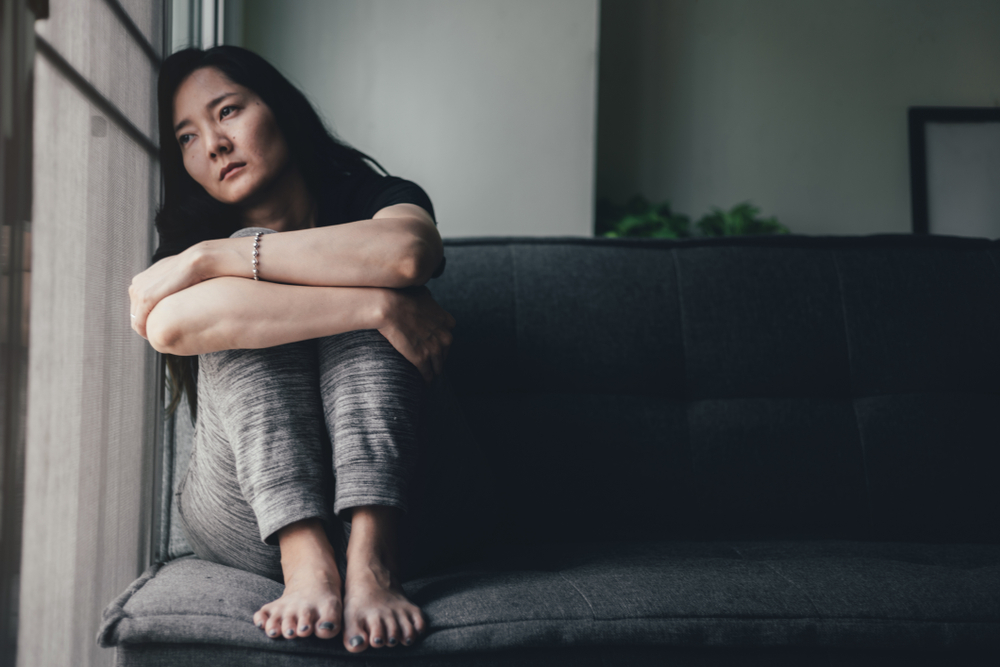
Get Help from Durable Recovery Today
Severe, disabling depression may cause you to feel hopeless, humiliated, or apathetic. This condition is neurological and you did not cause it. It’s important to look after yourself and reach out to your loved ones and professionals for support. It will be tough, but seeking out methods to cope will assist you and your family manage the symptoms of this condition. To find out more about our treatment services and programs, please contact Durable Recovery today. Our treatment specialists are prepared to answer any concerns you might have.

